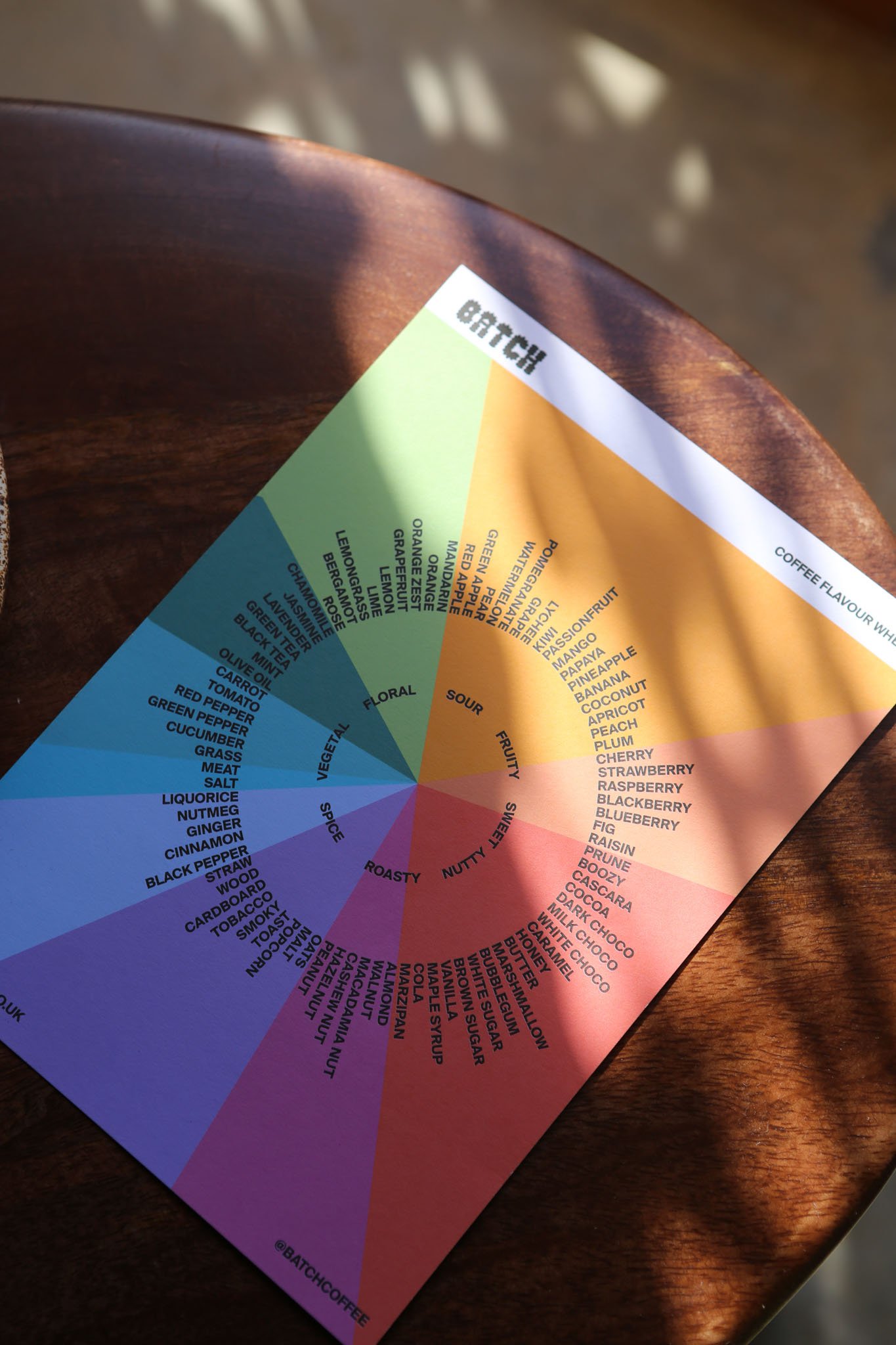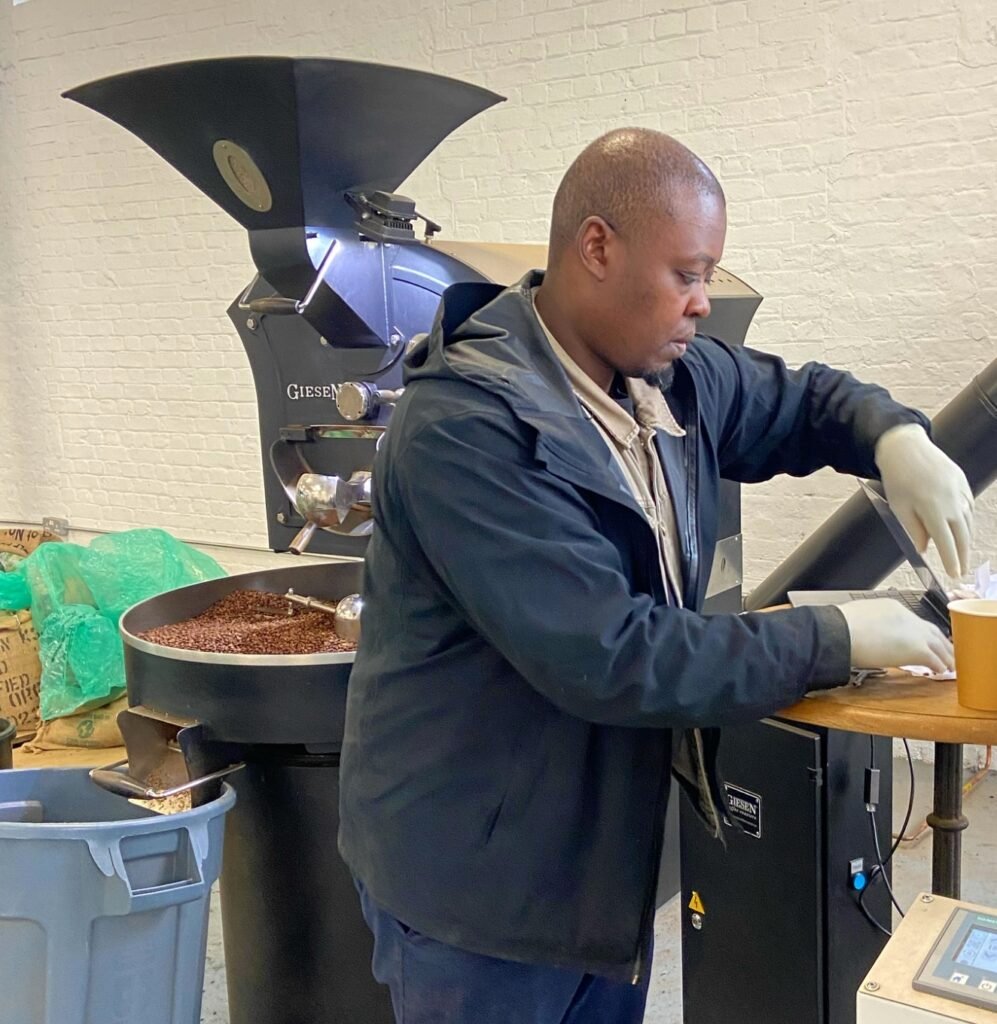Coffee Beans for Bean to Cup Machines
What to lookout for and where to find coffee beans for Bean to Cups.
So you’ve invested in a bean to cup machine.
Watched loads of youtube videos while you waited for it to arrive.
Unpacked it. Plugged it in. Turned it on.
What… it doesn’t come with coffee?
Obviously you knew that. But it does beg the question what the best coffee beans are for bean to cup machines.
Read on reader and I’ll let you know what beans to look for and where to find them.
Bean to cup coffee machines are your kitchen work surface coffee shop. A push of a button latte that you don’t have to spend a fiver on.
That being said, you have made an investment in the machine but when it comes to coffee, you get out what you put in and if you’re lobbing in commercial grade over roasted coffee beans you’re going to end up with a pretty average latte.
Opt For Specialty Coffee
Firstly I would always opt for specialty coffee.
Specialty coffee is defined as coffee that scores over 80 points out of 100 when it is evaluated at origin by a certified specialty coffee Q grader.
Specialty coffee is a stamp of approval that the coffee is of high quality and more often that not grown at high altitudes by coffee farmers that care about the end product.
Single Origin or Blend?
Single origin is classified by a coffee from a certain region. Although the word ‘region’ can be interpreted slightly differently from one source to another and can vary between a particular field on a farm (microlot) to a whole country. Read more here – What are single origin coffee beans?
A blend is then usually a mix of origins that the coffee roaster has tweaked to produce the particular flavour in the cup.
Blends will typically have more body than single origins, with SOs having a more diverse flavour profile ranging from light and fruity to dark and chocolatey.
For bean to cups, I am assuming that you’re probably going to make milk based espresso drinks like lattes, flat white and so on.
In this case I’d probably advise to opt for a blend.
This is because blends have the body to cut through the milk whereas single origins may get lost and are normally more suited to black coffee drinkers.
Fresher the Better
There’s a reason why you’ve opted for a bean to cup and that’s because you want high quality coffee, otherwise you could have stuck with that jar of Kenco.
Once you grind coffee the flavours start to depreciate that’s why bean to cups are so great. However it’s almost the same with the freshness of the coffee beans with the perfect time to consume between 6 days to 30 days after roast (I know, those little beans are sensitive souls).
I’d make sure you have enough coffee to last 2-4 weeks or so and then order fresh rather than bulk buying.
If you know of any coffee businesses that ship out freshly roasted coffee every 2 or 4 weeks please let me know 😉






